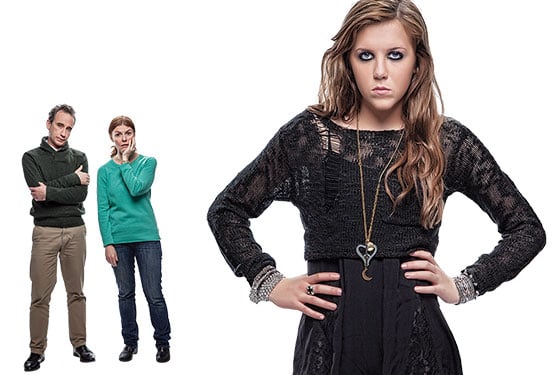Cost of Abuse
"Abuse of tobacco, alcohol, and illicit drugs is costly to our Nation, exacting more than $700 billion annually in costs related to crime, lost work productivity and health care" according to the U.S. Department of Health and Human Services, Centers for Disease Control and Prevention, and the National Drug Intelligence Center.
Just as a reference, $700 billion could send almost 3,946 students to the University of Miami OR 6,121 students to the University of Florida to receive a 4-year degree
New Experimental Drugs
Watch out for these drugs and follow the links to get more information on each:
- Flakka: New synthetic foul-smelling crystal. This drug can cause "excited delirium" according to NIDA and is very dangerous.
- Spice / K2 ("Synthetic Marijuana): These are herbal mixtures marketed as "safe" legal alternatives to marijuana. Spice can have negative effects on the brain and in some cases has caused heart attacks.
- Fentanyl: This drug is often laced with heroin and sometimes can be up to 100 times more powerful than morphine and 30-50 times more powerful than heroin.
Monitoring the Future: Teen Drug Use
Key takeaways from this animated infographic: While alcohol and tobacco use among 8th, 10th, and 12th graders seems to have declined over the past two decades, illicit drug use has been steady and is starting an upward trend. After marijuana, prescription and over-the-counter medications account for most of the top drugs abused by 12th graders in the past year.
Facing the Reality None of Us Ever Want to Imagine
Recently a Missouri mother, Kelly Smith-Miller had her 18-year-old son admitted to the hospital to fight for his life after he overdosed on a lethal combination of heroin and Xanax. He suffered traumatic brain damage and a stroke. Bravely, his mother took to Facebook to beg and plead every mother and father not to let this happen to their child. She has taken this tragic situation and is working to educate parents and children in order to prevent anyone from having to experience anything like this.
Conclusion / Contact
The #1 best way to prevent drug abuse is to abstain from experimenting and using drugs. Educate your children so they know the harmful effects of abuse and addiction.
It's never too late to get someone help, if you or someone you know needs help overcoming substance abuse. Please contact the following resources:
- National Institute on Drug Abuse
- Narcotics Anonymous
- Substance Abuse and Mental Health Services Administration
- For 24-hour alcohol and drug information, call: 800-662-HELP
Looking for volunteer opportunities to get involved and help kids grow up Safe, Healthy & Drug Free? Volunteer now to show our youth fun, exciting alternatives to using and abusing drugs:



